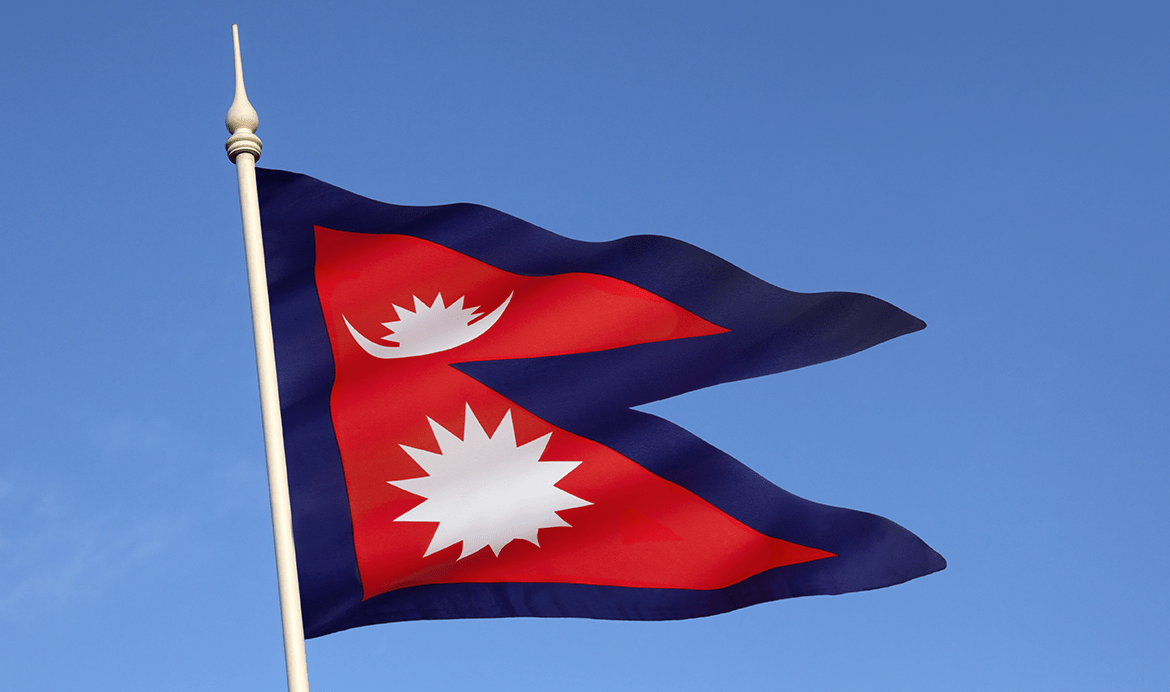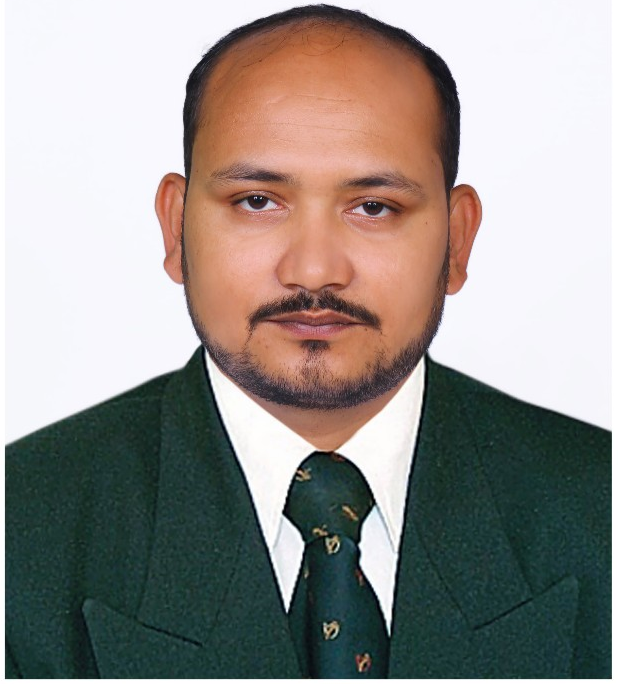Misuse of Power: A Growing Threat to Democracy in Nepal

Nepal, a nation known for its rich cultural heritage and a tumultuous history of political change, is currently facing a critical challenge that threatens the very essence of its democracy – the misuse of power. In recent years, there have been concerning instances of elected officials and institutions exploiting their authority, casting shadows over Nepal's democratic foundations.
Democracy, as a system of government, places significant emphasis on accountability, transparency, and the protection of civil liberties. When individuals or institutions entrusted with power prioritize personal gain or political advantage over these principles, it poses a severe threat to the democratic values that Nepalese citizens hold dear.
One of the most pressing issues in Nepal's democratic landscape is the erosion of checks and balances. Independent institutions, including the judiciary and the Election Commission, have been subject to political interference, undermining their impartiality and effectiveness. When the separation of powers is compromised, it weakens the system's ability to prevent power abuse.
Furthermore, there have been instances of the misuse of legal and regulatory mechanisms to target political opponents. Laws and regulations are sometimes weaponized to silence dissent, curb freedom of speech, and stifle political opposition. Such actions not only violate democratic principles but also hinder the free exchange of ideas essential for a healthy democracy.
The media's role as a watchdog and a platform for diverse voices is paramount in a democracy. However, concerns have arisen about the manipulation and control of the media landscape in Nepal. Attempts to influence or suppress independent journalism and the spread of disinformation can distort public discourse and undermine the democratic process.
Corruption is another grave issue that threatens democracy in Nepal. When public officials prioritize personal gain over the welfare of the nation, it leads to misallocation of resources and unequal distribution of benefits. This not only hampers economic development but also erodes trust in democratic institutions.
To combat the misuse of power and protect democracy in Nepal, several steps must be taken. First and foremost, there is a need for a strong and independent judiciary that can uphold the rule of law without political interference. Additionally, mechanisms for ensuring transparency and accountability within government institutions must be reinforced.
Nepalese citizens also play a pivotal role in safeguarding democracy. Active civic engagement, holding elected officials accountable, and participating in the democratic process are essential steps in preserving the values of democracy. A vigilant civil society, free press, and organizations focused on good governance can serve as important checks on power.
In conclusion, the misuse of power is a significant threat to democracy in Nepal. To ensure the continued growth and stability of the nation's democratic system, it is imperative that citizens, institutions, and leaders work together to uphold the principles of transparency, accountability, and fairness. Only through these collective efforts can Nepal's democracy thrive and serve the best interests of its people.



Leave Comment